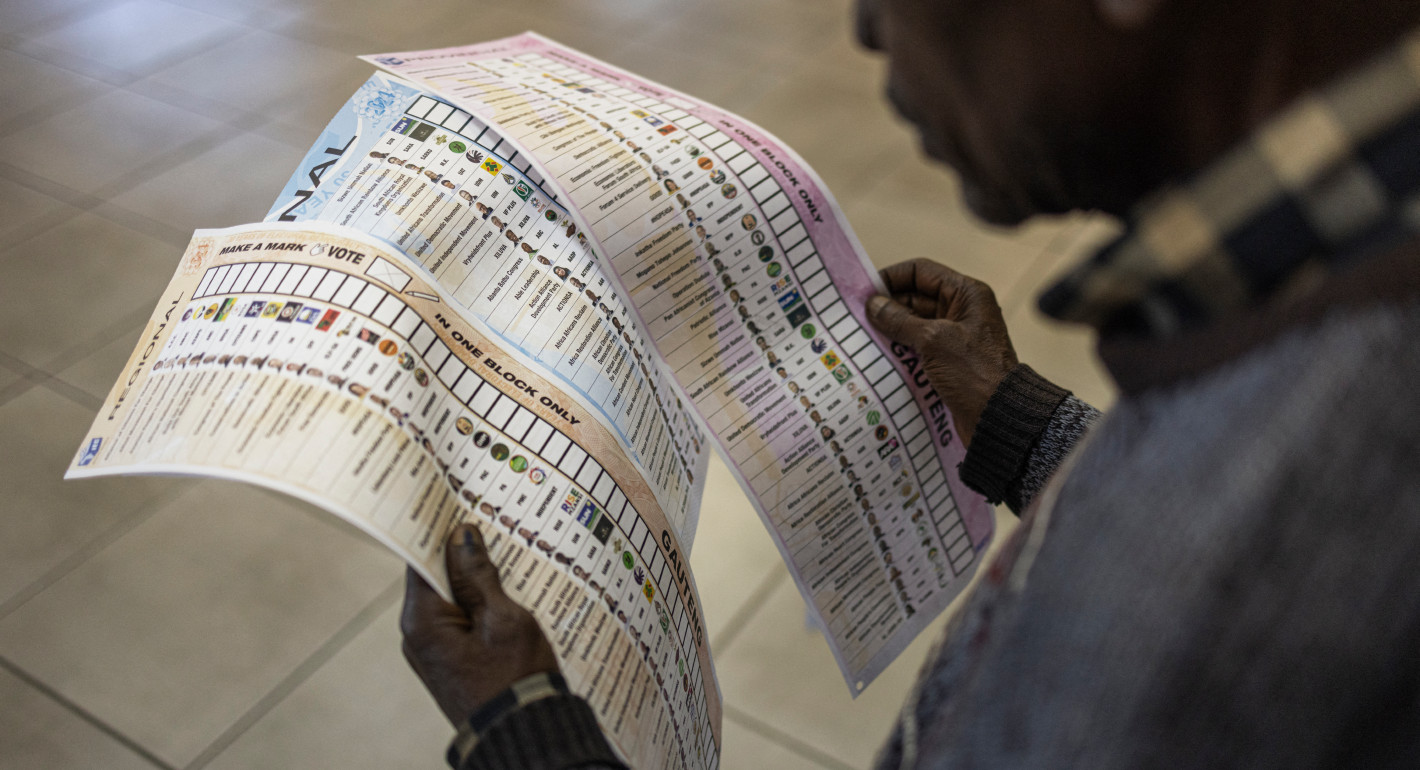Civichive, an innovation hub of BudgIT committed to the principles of open data and governance, citizen participation, and data transparency, has released a policy review of Atiku Abubakar’s 2023 Presidential Manifesto.
In this review, some of the key highlights of Atiku’s manifesto include raising GDP per capita to US$5,000 by 2030, creating 3 million new jobs, lifting 10 million poor Nigerians out of poverty yearly; increasing police workforce strength to 1,000,000 million personnel; reducing food import share from the current estimation of 20% to 5-10%; increasing the inflow of FDI to a minimum of 2.5% of GDP by 2030; amongst others.
It is important to commend Atiku’s plan for MSMEs, funding, and the business ecosystem. Notably is his plan on tax reliefs for microenterprises; expanding export opportunities; raising both public and private-sector led venture funds; and expanding the NIRSAL de-risking mandate. These, if implemented, are vital to business enterprise growth in Nigeria. He also aims to target 10,000 mw of transmission capacity over the short term, 25,000 MW of power generation through a mix of energy sources, and increase refining capacity to 2 million barrels per day.
Atiku’s plan is focused heavily on leveraging the private sector for financing infrastructure and economic growth, and this is plausible considering the fiscal constraints of the government in addressing Nigeria’s economic challenges. However, his policies are built on huge assumptions that might not align with current structural limitations. These include how he proposes to raise Nigeria’s GDP per capita from $2,000 to $5,000 by 2030, which is historically unattainable, as only around five countries have doubled their GDP in 15 years.
Also, he aims to increase Nigeria’s refining capacity to 2 million barrels per day. This is highly improbable as Nigeria does not have the refining capacity to achieve this in the short to medium term..
Currently, 95.1 million Nigerians are projected to be living below the poverty line. Atiku’s aim to lift 10 million people out of poverty is plausible as there were no clear metrics and indicators to measure how this challenge would be resolved.
Shockingly, Atiku’s aim to construct 5,000 km of modern railway lines raises the question of how prepared he is to handle the economy and the credibility of this campaign promise. Nigeria’s rail lines are around 3,528 km in total. If the Lagos-Ibadan rail (157km) cost $1.5bn to construct, how does Atiku plan to finance a 5,000km rail project, which is estimated to cost about $48bn, and what is the viability of such investments in the midst of other competing priorities in the country?
The review further reveals that Atiku’s policy has some lofty aims that are economically unfeasible, and it also leans on issues of corruption detection, prosecution, and sanctions. In no part of the policy did Atiku mention anything about the issues of climate change, sports and cultural development, or the booming tech ecosystem.
With this release, our overarching aim is for voters to have access to information that enables them to be educated and informed about political processes so that they can have a basis upon which to vote for political office holders and to hold elected officials responsible.
We are also calling on other presidential candidates, especially Mr. Peter Obi and Rabiu Musa Kwankwaso, to release their manifestos so that citizens can be well informed about their projected aims for the country if elected.
Temidayo Musa, Project Lead, RoadMap to 2023 Election Project



